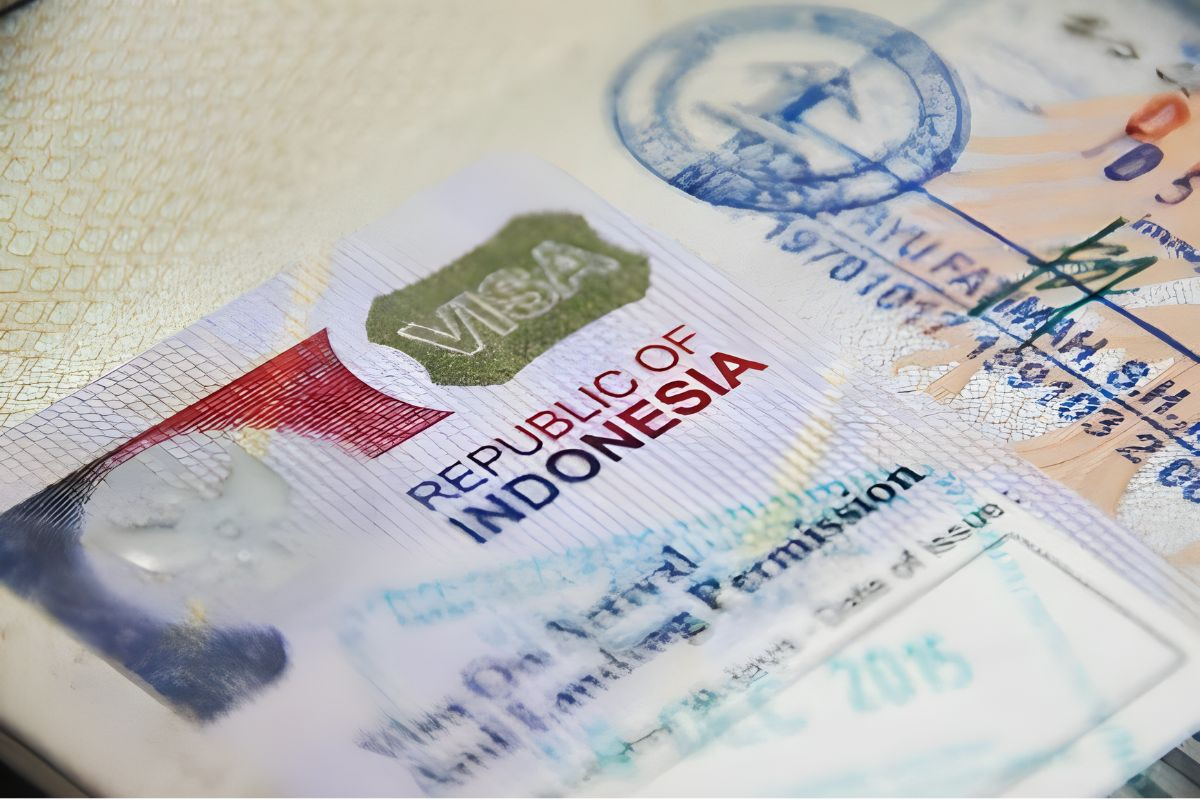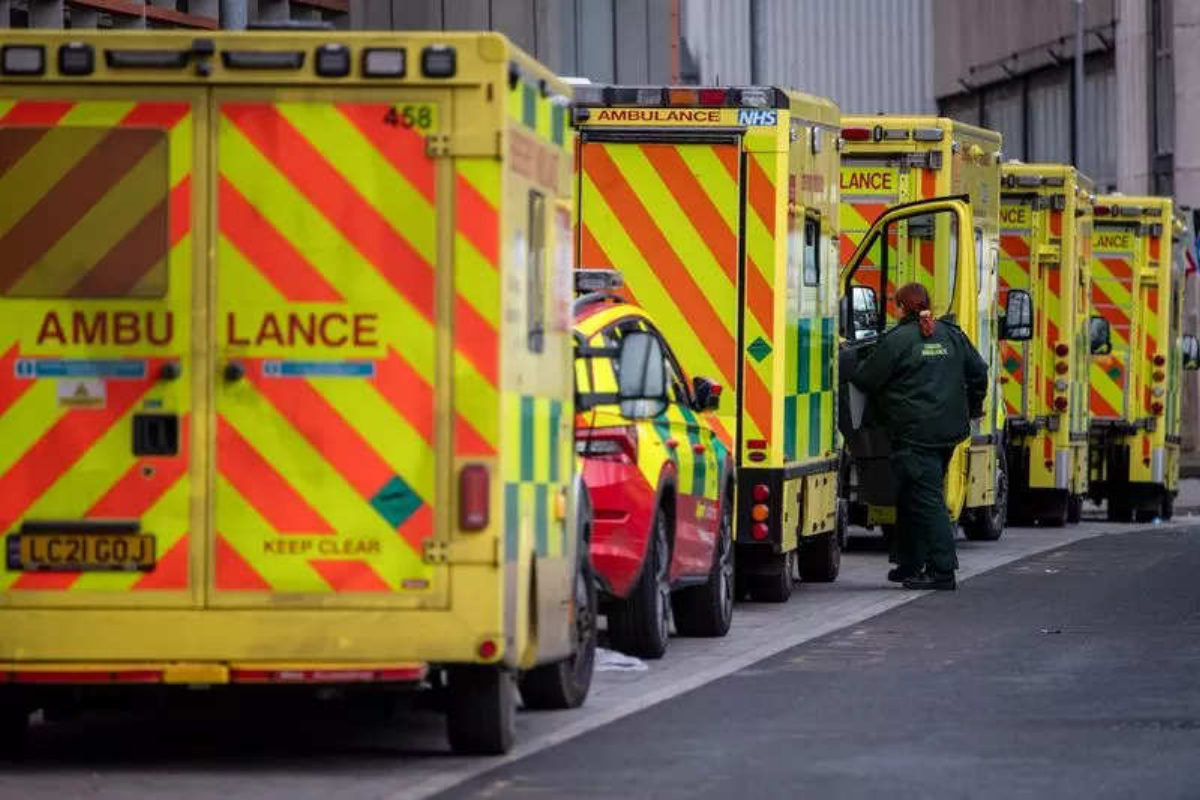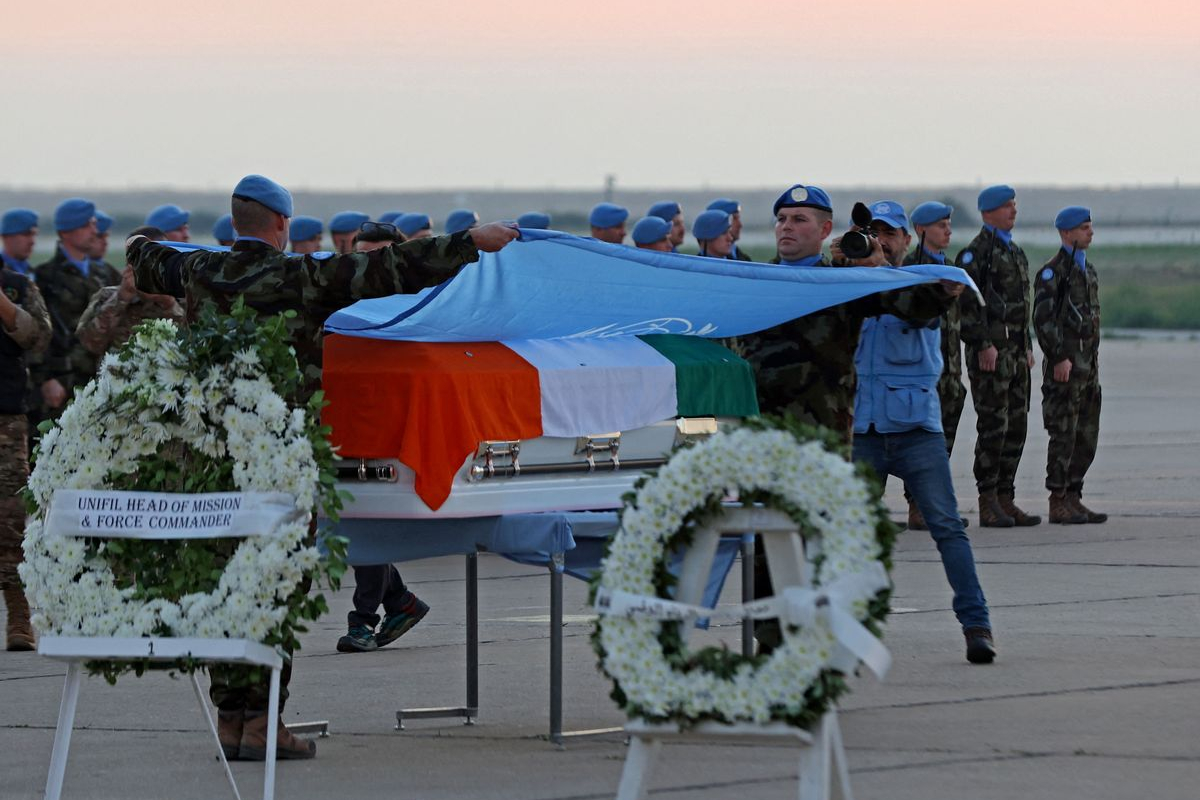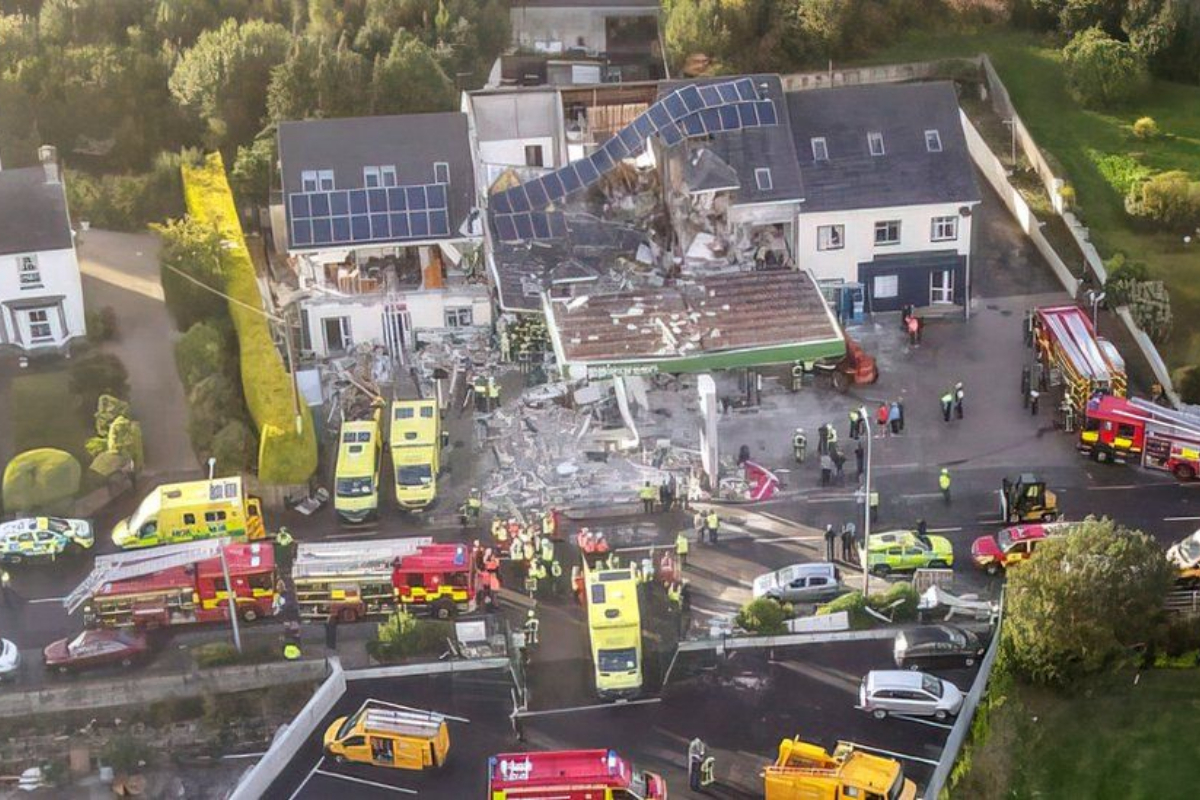- Ambulance workers are on strike over pay.
- Only life-threatening 999 calls will be answered.
- Other emergencies may not be or may be delayed.
Ambulance workers from three unions, GMB, Unison, and Unite, are on strike over pay.
According to previous industrial action, life-threatening 999 calls will be answered, but other emergencies may not be or may be delayed.
The NHS’s biggest day of industrial action in this dispute is scheduled for February 6, when nurses will also walk out.
Governments claim that the requested above-inflation pay increases are unaffordable.
Independent pay review bodies decide on salary raises.
NHS employees in England and Wales, including nurses, have already earned a 4.75% pay raise. The lowest-paid workers were guaranteed a pay increase of at least £1,400.
The Welsh government proposed a one-time payment to avoid strike action, but unions refused it.
Fourteen health unions representing over a million NHS workers in England have stated that they will no longer participate in discussions about the next (2023-24) pay deal with the NHS Pay Review Body until their current demands are met.
Some unions in Scotland have accepted a pay offer averaging 7.5%.
In Northern Ireland, the government has announced a 4.5% pay increase, retroactive to April 2022. Most workers will see an increase that is less than the rate of inflation. Pay disputes persist.
Health Secretary Steve Barclay described Monday’s strike as “hugely disappointing,” adding that “there will inevitably be further disruption” despite contingency plans to mitigate risks to patient safety.
“I have had constructive discussions with unions about this year’s pay process for 2023-24, and I am eager to continue talking about what is affordable and fair,” he added.
[embedpost slug=”/rishi-sunak-and-starmer-clash-over-ambulance-delays-at-pmqs/”]




























